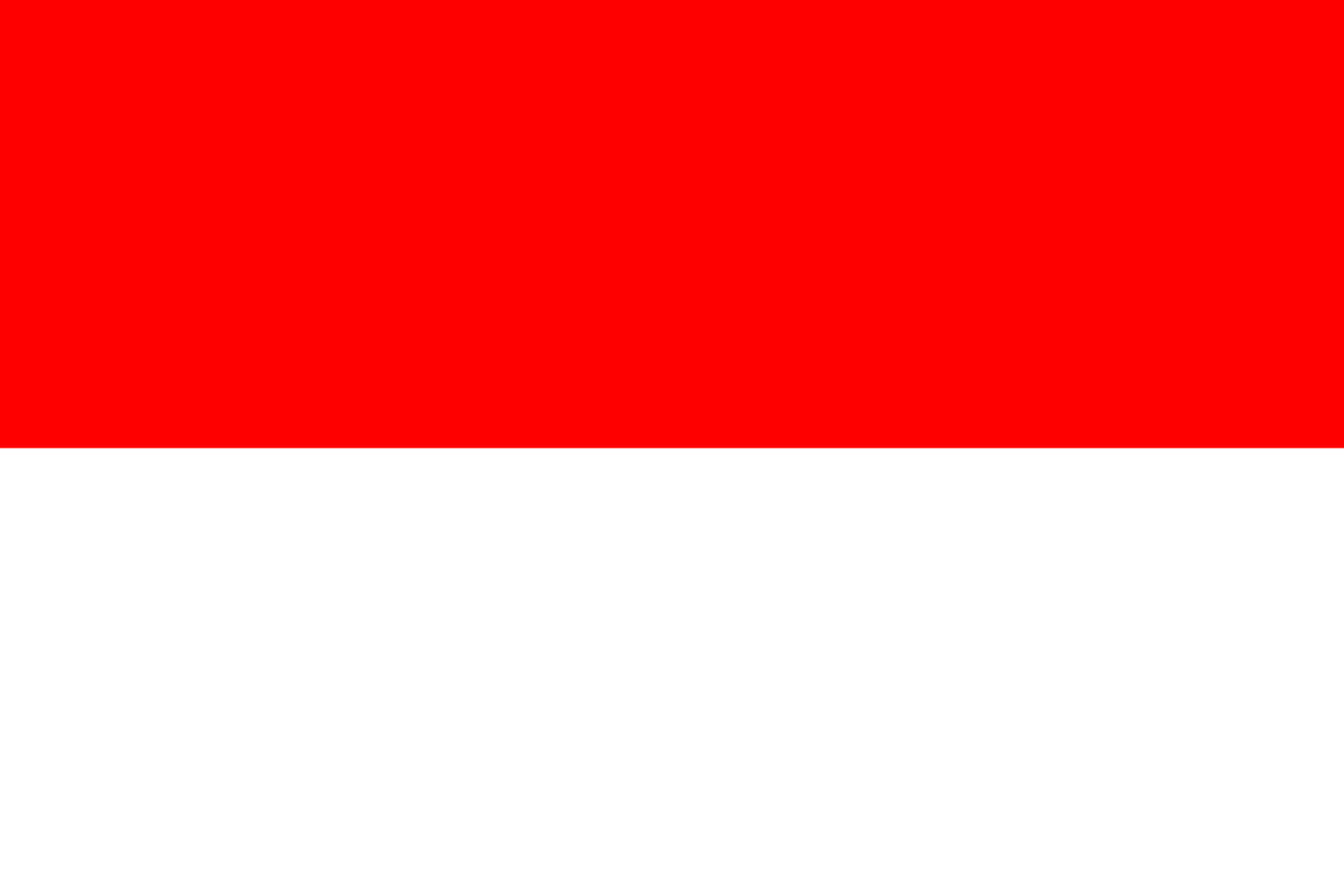Navigating the Rich Tastes and Traditions of Indonesian Coffee
Indonesia, an archipelago of more than 17,000 islands, is a powerhouse in the global coffee market. The Indonesian coffee profile is a captivating narrative that unfolds across diverse landscapes, unique processing methods, and a cultural heritage deeply intertwined with the art of coffee cultivation.
Indonesia’s sprawling geography plays a pivotal role in shaping the distinctive character of its coffee. Regions such as Sumatra, Java, Sulawesi, and Bali each contribute to the rich tapestry of Indonesian coffee. The volcanic soils, tropical climates, and varying altitudes in these regions create a diverse range of flavor profiles that showcase the country’s agricultural richness.
One of the key contributors to the unique taste of Indonesian coffee is the volcanic soil, which imparts mineral nuances to the beans. The high-altitude plantations, such as those found in Aceh and Toraja, contribute to a slower maturation process, resulting in beans with a depth of flavor and complexity.
Indonesia is renowned for its distinct coffee processing methods, notably the wet-hulling or “Giling Basah” technique. This method involves removing the parchment from the coffee beans while they still retain a high moisture content. The result is a unique flavor profile characterized by a full body, low acidity, and a distinctive earthiness.
Sumatra, in particular, is famous for its wet-hulled coffees, such as Mandheling and Lintong. These coffees are prized for their bold, syrupy body and notes of cocoa, tobacco, and herbs. The wet-hulling process, coupled with Indonesia’s unique terroir, creates a cup that stands apart in the world of specialty coffee.
Coffee holds a special place in Indonesian culture and history. The Dutch colonization in the 17th century introduced coffee cultivation to the archipelago, and today, Indonesia is the fourth-largest producer of coffee globally. The cultural significance of coffee is evident in the traditional coffee ceremonies that are integral to many Indonesian communities.
In places like Java, where coffee cultivation has deep roots, the blend of traditional methods with modern practices reflects a cultural fusion that adds to the complexity of Indonesian coffee. The intricate dance of tradition and innovation is a defining feature of Indonesia’s coffee industry.
Indonesian coffee offers a diverse range of flavor profiles, but certain commonalities unite them. The wet-hulling process contributes to a full body and low acidity, making Indonesian coffee particularly appealing to those who enjoy a bold and robust cup. Earthy, spicy, and herbal notes often characterize the flavor profile, with hints of chocolate and tropical fruits adding layers of complexity.
In addition to wet-hulled coffees, Indonesia produces unique varieties, such as the rare and prized Kopi Luwak, which involves the beans being eaten, digested, and excreted by a civet. While controversial due to ethical concerns, Kopi Luwak exemplifies the innovation and diversity found in Indonesian coffee.
Indonesia’s coffee profile is a testament to the country’s geographical diversity, cultural heritage, and distinctive processing methods. From the volcanic soils of Sumatra to the high-altitude plantations of Java, Indonesian coffee offers a sensory journey that reflects the complexity and richness of this diverse archipelago. As the global appreciation for unique and exotic coffees grows, Indonesia’s place in the world of specialty coffee is secure, with its beans continuing to enchant coffee enthusiasts with their bold flavors and cultural resonance.
Tags: coffee growers, Indonesia

